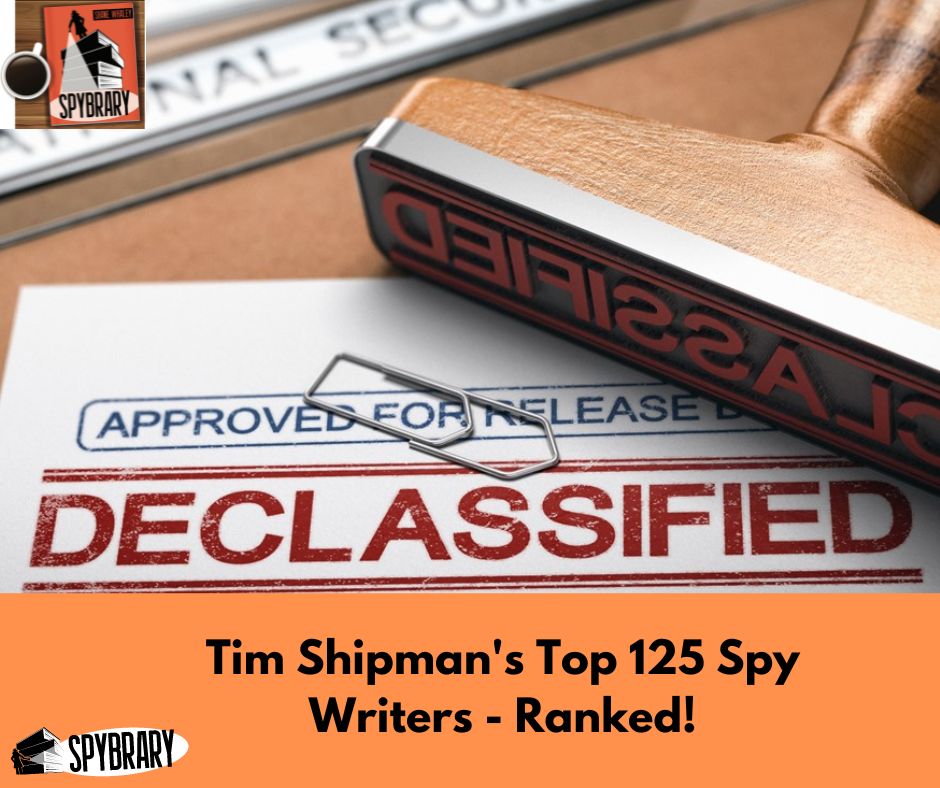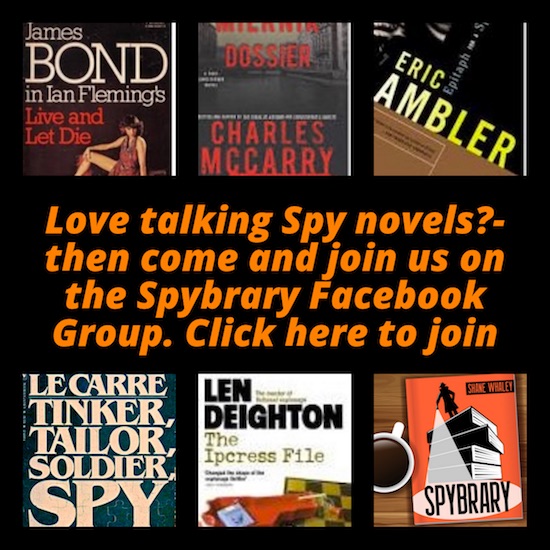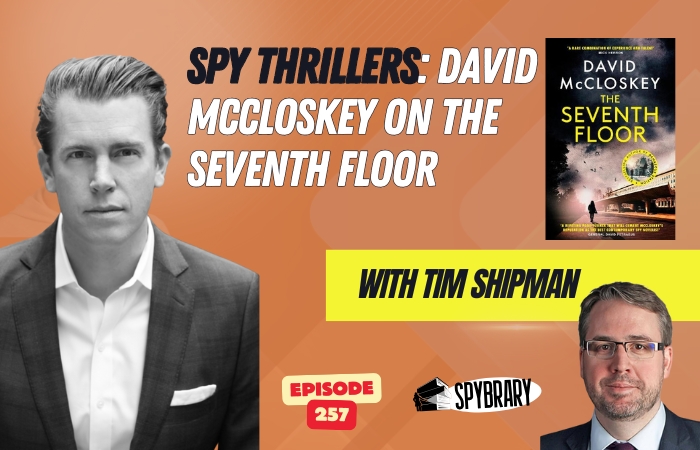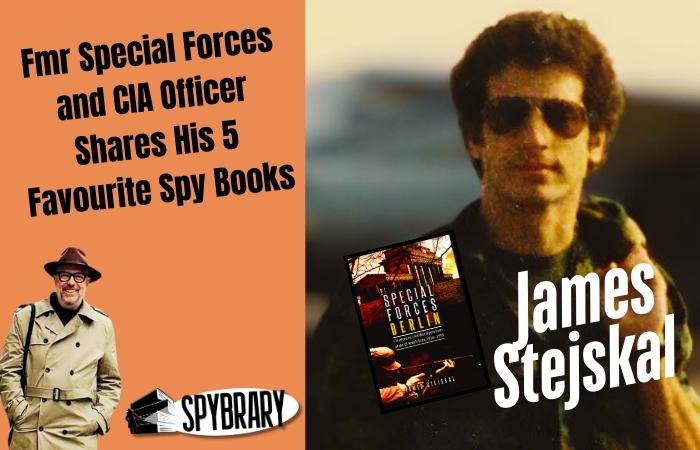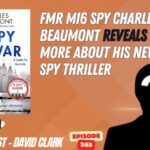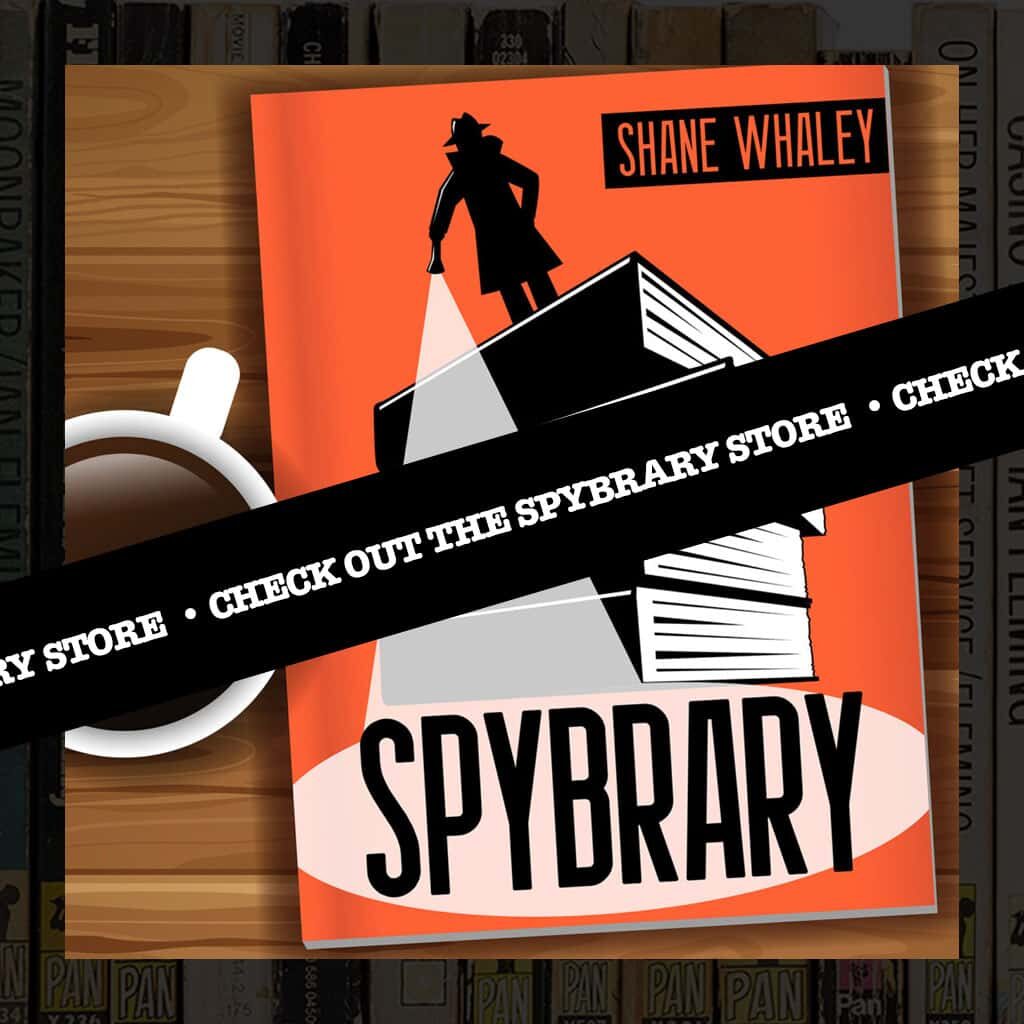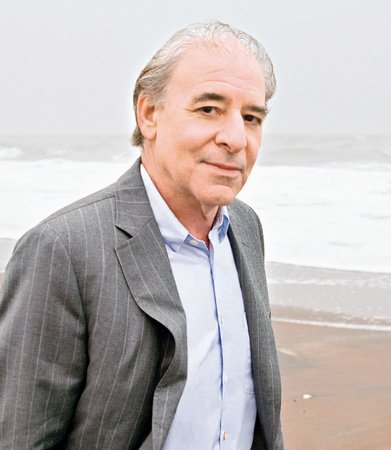
Introduction to the books of Alan Furst
Alan Furst is one of the most acclaimed authors of historical espionage fiction, celebrated for his atmospheric novels set in Europe during the tumultuous years leading up to and during World War II. Known for his richly detailed settings, morally complex characters, and gripping plots, Furst captures the shadowy world of spies, resistance fighters, and ordinary people drawn into extraordinary circumstances. His works have been compared to those of Graham Greene and Eric Ambler, offering a unique blend of suspense and historical depth.
‘Alan Furst is the master of time and place, you can feel the nip in the air in 1930s Budapest or the tang of Gauloises in 1940s Paris deep in your throat when you read his work, as well as the moral ambiguity of the shifting loyalties in the run up to war in your soul. After four contemporary thrillers and a dozen years of refining his craft, Furst then hit the jackpot with historical fiction.'
Tim Shipman
The Best Spy Writers Guide
Key Novels by Alan Furst
Alan Furst’s novels often explore the lives of reluctant heroes navigating the dangerous world of espionage, resistance, and survival in Europe. Here’s a guide to some of his most notable works:
The Night Soldiers Series
While not a conventional series, these loosely connected novels share themes, settings, and an overlapping world of characters, creating a richly textured tapestry of espionage in pre- and wartime Europe.
- Night Soldiers (1988)
- The first novel in the series follows Khristo Stoianev, a Bulgarian recruited by Soviet intelligence, as he navigates loyalty, betrayal, and survival during the 1930s.
Themes: Betrayal, loyalty, and the personal cost of ideological warfare.
- The first novel in the series follows Khristo Stoianev, a Bulgarian recruited by Soviet intelligence, as he navigates loyalty, betrayal, and survival during the 1930s.
- The Polish Officer (1995)
- A Polish officer joins the resistance during the Nazi invasion, facing danger and moral dilemmas in the fight for freedom.
Themes: Resistance, patriotism, and the human cost of war.
- A Polish officer joins the resistance during the Nazi invasion, facing danger and moral dilemmas in the fight for freedom.
- The World at Night (1996)
- A French film producer becomes an unlikely spy, drawn into the resistance while navigating German-occupied Paris.
Themes: Survival, love, and the power of quiet resistance.
- A French film producer becomes an unlikely spy, drawn into the resistance while navigating German-occupied Paris.
- Kingdom of Shadows (2000)
- A Hungarian aristocrat becomes involved in anti-fascist activities, exploring the complexities of loyalty and resistance.
Themes: Ideological conflict, betrayal, and personal sacrifice.
- A Hungarian aristocrat becomes involved in anti-fascist activities, exploring the complexities of loyalty and resistance.
- Mission to Paris (2012)
- An Austrian-American actor in Paris becomes entangled in Nazi propaganda efforts, using his position to aid the resistance.
Themes: Espionage, courage, and the seductive danger of diplomacy.
- An Austrian-American actor in Paris becomes entangled in Nazi propaganda efforts, using his position to aid the resistance.
- Under Occupation (2019)
- A writer in Nazi-occupied France is unwittingly drawn into resistance activities, facing life-or-death decisions in a world of secrets.
Themes: Heroism, survival, and the cost of defiance.
- A writer in Nazi-occupied France is unwittingly drawn into resistance activities, facing life-or-death decisions in a world of secrets.
Standalone Novels
- Dark Star (1991)
- A sweeping tale of espionage and survival, following a Soviet journalist who becomes a reluctant spy during the prelude to World War II.
Themes: Betrayal, resilience, and the fine line between duty and survival.
- A sweeping tale of espionage and survival, following a Soviet journalist who becomes a reluctant spy during the prelude to World War II.
- The Foreign Correspondent (2006)
- An Italian journalist in Paris runs an anti-fascist newspaper, facing danger as he works to undermine Mussolini’s regime.
Themes: Resistance, freedom of speech, and the risks of defiance.
- An Italian journalist in Paris runs an anti-fascist newspaper, facing danger as he works to undermine Mussolini’s regime.
- Spies of the Balkans (2010)
- Set in Greece, this novel follows Costa Zannis, a police official navigating espionage, resistance, and survival in a region under Nazi threat.
Themes: Refuge, courage, and the complexities of war.
- Set in Greece, this novel follows Costa Zannis, a police official navigating espionage, resistance, and survival in a region under Nazi threat.
Key Themes in Alan Furst’s Spy Fiction
- Atmospheric Settings:
- Furst’s novels vividly capture the mood of pre-war and wartime Europe, from the smoky cafes of Paris to the dark alleys of Eastern Europe.
- Reluctant Heroes:
- His protagonists are often ordinary people forced into extraordinary roles, adding emotional depth and relatability to their stories.
- Moral Complexity:
- Furst explores the ethical dilemmas faced by individuals caught between conflicting loyalties, ideologies, and personal survival.
- Resistance and Defiance:
- Many of his characters engage in acts of quiet rebellion, emphasizing the power of individual courage in the face of oppression.
- Rich Historical Context:
- From Nazi-occupied France to Soviet-dominated Eastern Europe, Furst’s novels offer a meticulously researched glimpse into the era’s political and social complexities.
Alan Furst’s Legacy
- Critical Acclaim: Furst’s works have been widely praised for their literary quality, historical accuracy, and immersive storytelling.
- Influence: Often regarded as a modern successor to Eric Ambler, Furst has inspired a renewed interest in historical espionage fiction.
- Popularity: His novels have captivated readers worldwide, establishing him as one of the foremost authors in the genre.
Why Read Alan Furst’s Spy Fiction?
Alan Furst is the king of the brooding atmospheric eastern european espionage story. An American transported to France, his writing is much more reminiscent of his location than his nationality.
Alan Furst has been called “an heir to the tradition of Eric Ambler and Graham Greene,” whom he cites along with Joseph Roth and Arthur Koestler as important influences. First’s writing is spare and efficient. I remember one sex scene on a train, which conjured so much with nothing more (if I remember rightly) than four words: “He legs fell open.”
Like Paul Vidich, much is suggested with an economy of language and just as Furst’s sentences waste no words, few of the books are doorsteps.'
Tim Shipman
Where to Start?
New to Alan Furst? Begin with Night Soldiers for an introduction to his richly detailed world or The Polish Officer for a gripping tale of resistance and courage.
‘I think the richest and most satisfying of these books is Dark Star, his second, which is a slightly more mature work than Night Soldiers.'
Tim Shipman
Guide to the Top Spy Writers
Explore More
Check out Tim Shipman's Guide to the Best Spy Authors
Join the Spy Books Community Discussion
Spybrary is more than just a spy podcast; it's a place to chat with fellow spy book and spy film fans from around the world. We encourage you to share your views on each spy book/movie, engage in discussion with fellow fans, and immerse yourself in the captivating world of spy fiction, spy fact and spy films.
